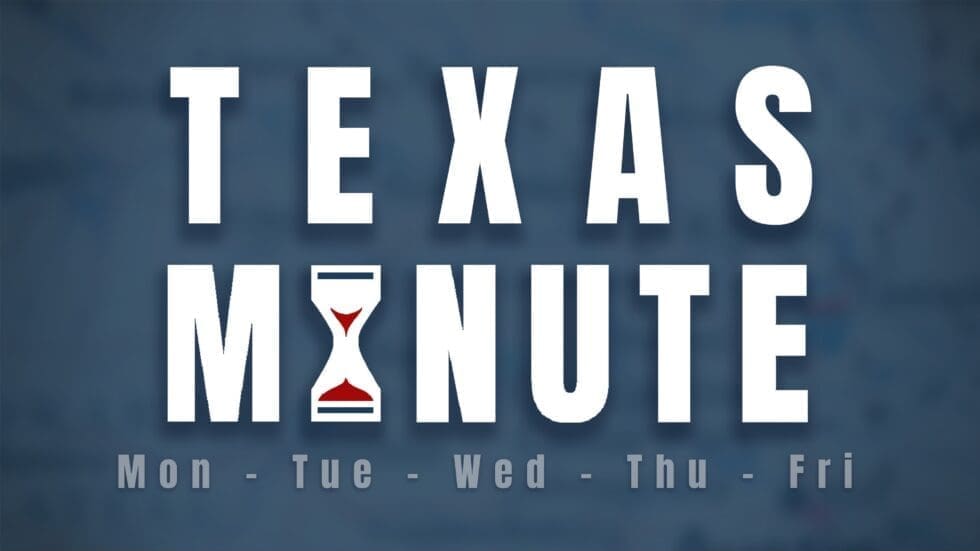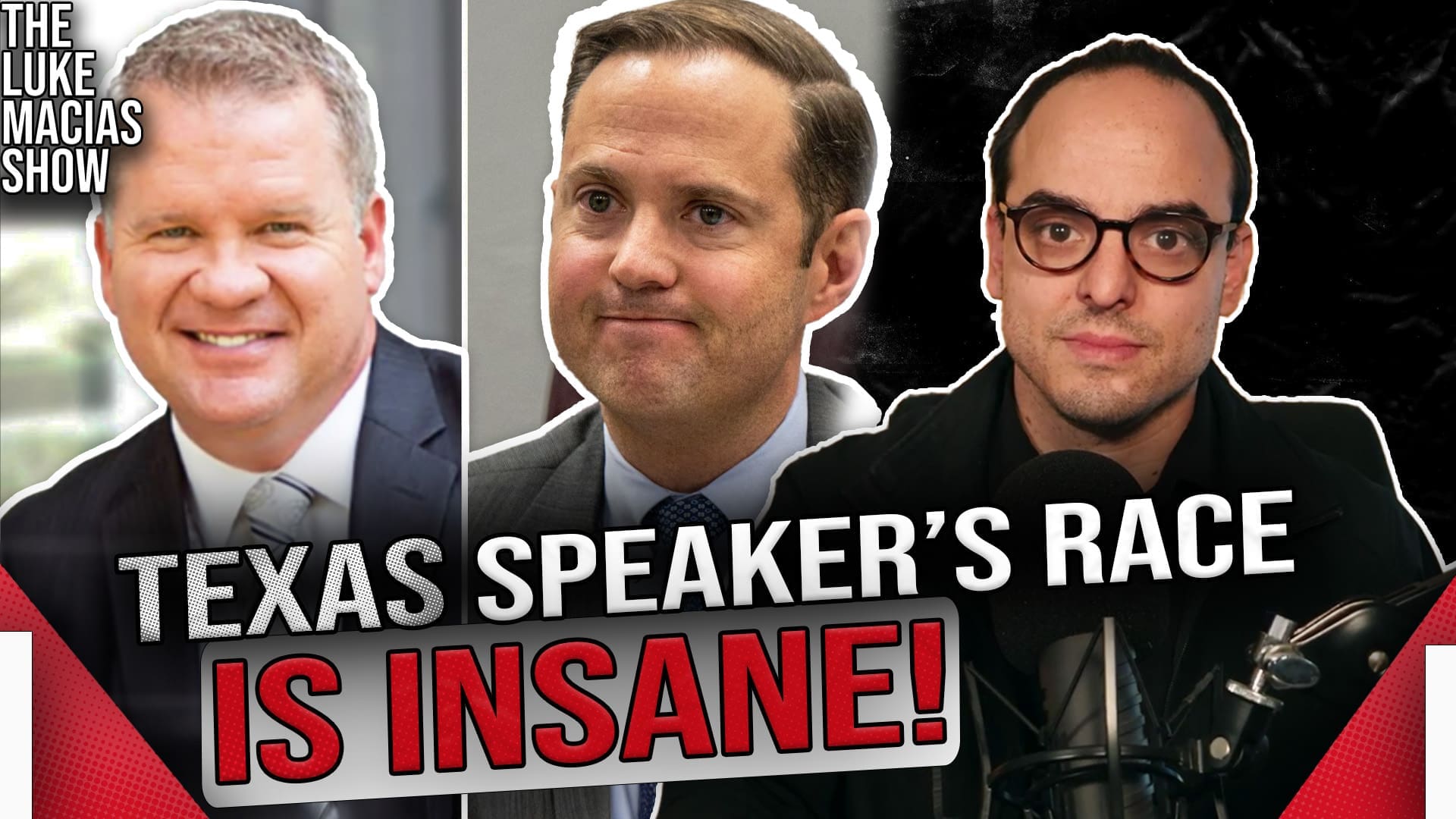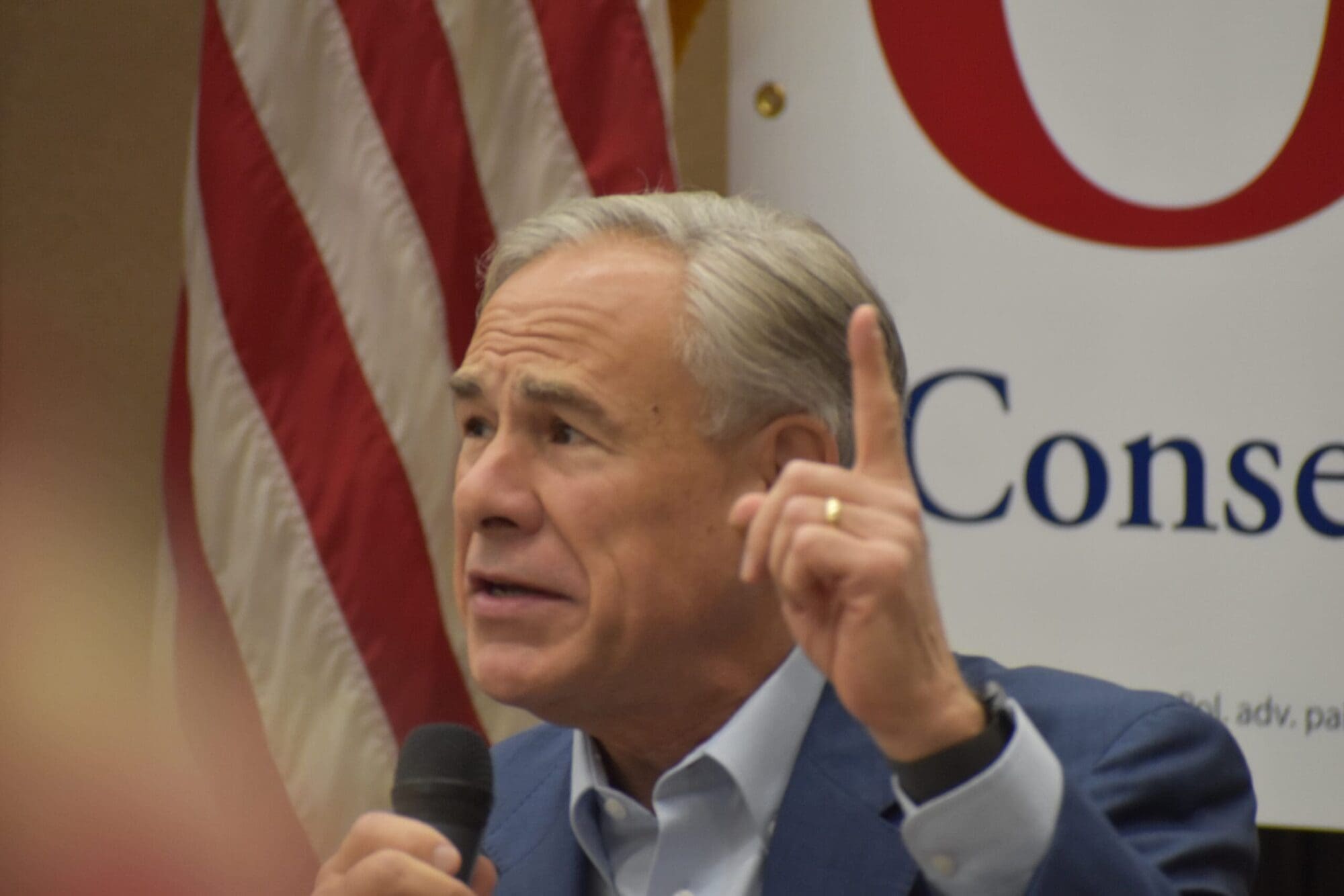We all hear the term “bipartisan” thrown around during election season – it’s a word that is used to convey how “affable” a politician is, how much they’ll reach across the political aisle to get work done. Merriam-Webster defines “bipartisan” as “of, relating to, or involving members of two parties; specifically : marked by or involving cooperation, agreement, and compromise between two major political parties.” Fair enough. Bipartisan in the strictest sense implies compromise. Compromise implies that the parties meet halfway. It suggests a little give and a little get.
Democrats LOVE the word “bipartisan.” It tests well in controlled settings, among voters who don’t have strong ideological ties or leanings. This campaign season, “bipartisan” is being used to combat Republicans who have objections to things like the individual mandate, the coming tidal wave of taxes and spending associated with the health care “reform” legislation, and the “stealth” influence of partisan Democrats in the 81st Legislative Session in the Texas House of Representatives.
When Democrat House members point to their status as committee chairmen in the 81st session, and use Speaker Straus’ “trust” in them as a symbol of their “bipartisanship,” you should think twice before believing them. Let’s recall the election of the speaker – how it was the large Democratic minority and a handful of moderate/liberal Republicans who got him elected. Don’t you think – don’t you realize – that it wasn’t the spirit of bipartisanship that led to their appointments, but good old-fashioned cronyism (“you scratch my back, I scratch yours”)? Good or bad, shouldn’t we tell the truth about committee chairmanships, and stop using them as evidence of so-called “bipartisanship?”
When Democrat House members say with a cute smile and affable shrug of their shoulders that they want to leave “ideology” at the door, and put Texas ahead of “politics,” it would be wise to look again at the recording of the Democratic filibuster of voter identification legislation. The meltdown at the end of last session, which caused important legislation (like Texas Dept. of Insurance and Texas Dept. of Transportation sunset legislation) to be pushed to 2011, was orchestrated and perpetrated by partisan Democrats. Their fear of one piece of legislation led to partisan rancor that matched that of the 2003 session. Just who participated in that filibuster? The May 27, 2009 front page of the Austin American Statesman shows Mark Strama, Jim Dunnam, and Trey Martinez-Fischer – and gives each of them credit for participating in the slowdown.
Why was this so important? Voter identification is one of the most popular issues among the Texas electorate. Beyond that, however, the filibuster showed that any “bipartisan” spirit would quickly be thrown to the wind if the Democrats didn’t get their way. Forget compromise! Forget the work that had gone into major sunset legislation! All of it must DIE to appease the liberal minority in the Texas House!
All of this is before we start looking at voting records (Strama ranked as one of the three most liberal Democrats last session by the state’s longest and most consistent ranking system). When we go even further, and look at bills filed and donations made/received, we start seeing more of the truth.
So, is “bipartisanship” a good or a bad thing? In this country, the term often means more compromise on the right than on the left, and when Republicans are accused of not being “bipartisan” enough, it almost always means they’ve refused to kowtow to Democratic interest groups and platform issues. Democrats are never accused of not being bipartisan enough – even though they stick together within their echo chamber to endorse each other and champion each other’s pet causes.
Cooperation among elected officials of varying ideological tendencies and party affiliation is not a bad thing in and of itself. But it is deceptive for Democrats to pull the mantle of bipartisanship over themselves to deflect criticism – it is all too often a way for them to avoid discussing why they not only receive money from radical pro-choice groups, but also give money to them. A way for them to avoid discussing why they’ve never given their names or their money to Republicans, but expect Republicans to do both for them. A way for them to avoid explaining why they vote in favor of and file radical, unpopular legislation, and participate in shutting down the productivity of government to avoid having to vote against legislation that could end their careers.




